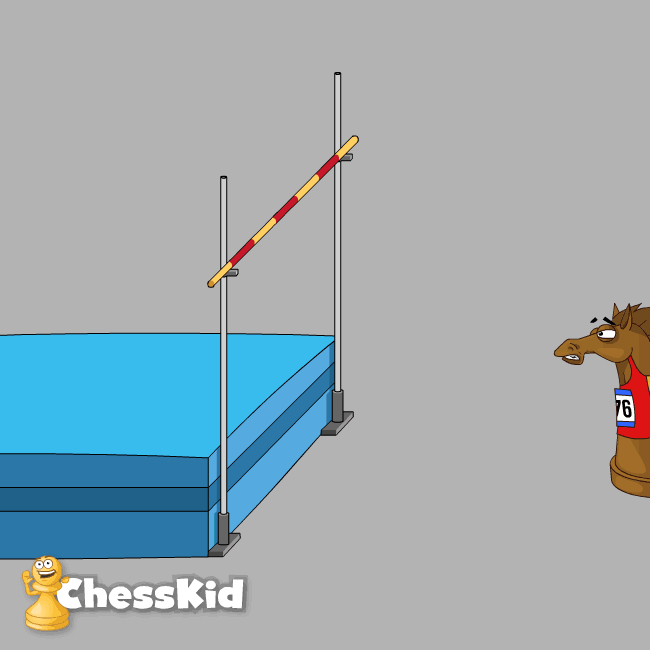Arabian Mate
When you drive an opposing king to a corner of the chessboard, what is your favorite mating pattern? Arabian Mate, one of the oldest checkmating patterns in chess, might be what you should execute if you have a rook and knight. Here is what you should know.- What Is Arabian Mate?
- Oldest Recorded Checkmate
- Remarkable Arabian Mates
- How To Perform Knight-And-Rook Checkmate
- Wrapping Up
- Arabian Mate Video
What Is Arabian Mate?
Arabian Mate always involves a knight near the opposing king that is in the corner of the chessboard. The checkmate pattern is typically identified with the knight teaming up with a rook (or a queen). It is a classic knight and rook checkmate pattern that every player should know.

The classic pattern of Arabian Mate.
Oldest Recorded Checkmate
Recorded in a ninth-century Arabic manuscript (thus the reason for its name), Arabian Mate is the oldest documented checkmate. At that time in an older form of chess, the knight and rook were the two most powerful pieces because the queen did not attain its current powers until the game migrated to Europe. In addition, the pattern also appears as a solution to a position presented in an Arabic-language manuscript that was copied in 1257. As such, it is an important part of chess history.
 Sure, a knight can jump but even more important is how it protects a rook in Arabian Mate as it covers the only escape route for an opposing king.
Sure, a knight can jump but even more important is how it protects a rook in Arabian Mate as it covers the only escape route for an opposing king.
Remarkable Arabian Mates
One of the strongest players in the world from the 1930s to early 1950s was Grandmaster Reuben Fine, also a noted chess book author. He famously ends a tournament game with an Arabian Mate.
How To Perform Knight-And-Rook Checkmate
For Arabian Mate to occur, two conditions are required. First, the opposing king is stuck in a corner of the chessboard. Second, the rook or queen cuts off the file or rank next to where the king is located. When these conditions are present, the Arabian Mate often cannot be prevented. The knight and rook cover all escape squares preventing the opposing king from moving.
Are you ready to see if you can execute Arabian Mate? Try this puzzle where White can mate Black in four moves, Arabian style. Every move is a forcing move and places Black in check. One more hint: Sacrifice a rook on move two.
Wrapping Up
Arabian Mate is a very common pattern in chess. Now that you know what it is and how to perform it, make sure that you identify the conditions when they are present. Knowing how to execute it may help you to win more chess games.